A used car valuation, also known as a used car appraisal or assessment, is the process of determining the fair market value of a pre-owned vehicle. It involves evaluating various factors to estimate how much a used car is worth in the current market. This valuation is typically conducted by individuals or entities, such as car dealerships, insurance companies, or individuals looking to buy or sell a used car.
Used car evaluation involves several processes usually with a checklist addressing various sections of the car. Also, a car is evaluated in many scenarios, this includes:
- Selling or Buying A Car
- Car Auctions
- Insurance Claims
Most processes in all scenarios remain the same. For this article, we will concentrate on the first one: Selling or Buying A Car.
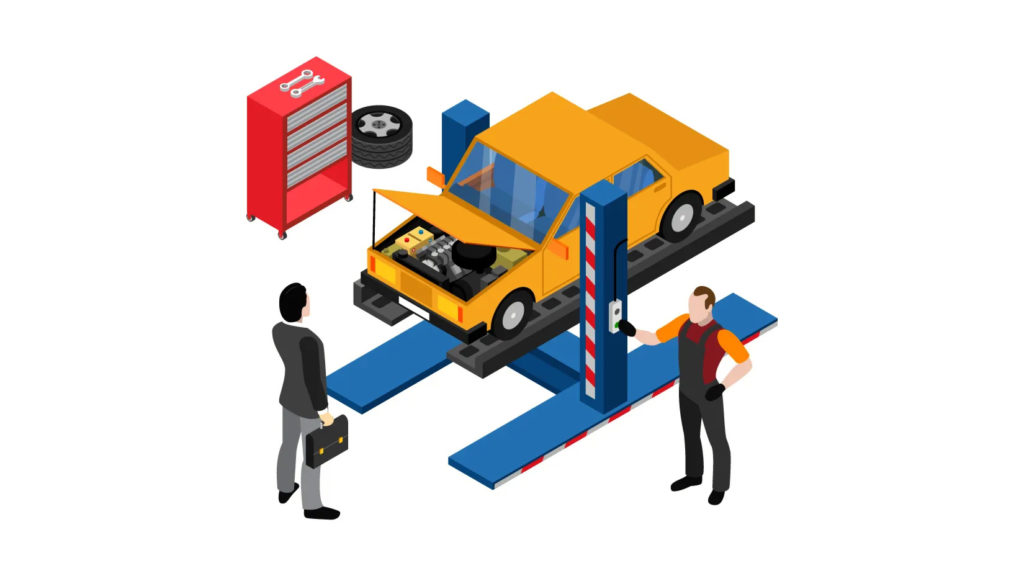
Why Is Used Car Valuation Needed?
Whether you’re a seller or a buyer, it’s advisable to check the market value of your vehicle before putting it up for sale. Having a used car appraised can assist sellers in setting a fair price and boosting their chances of a swift sale. Moreover, the evaluation report maintains transparency between sellers and buyers by providing a comprehensive assessment of the car’s condition. For used car buyers, knowing the vehicle’s true worth allows for more informed decision-making.
Where To Get Your Used Car Evaluated?
You can get your used car evaluated by a private agent or service centres offline. However, now you get your car evaluated online using DubiCars Value My Car tool for free. The best thing about this is a seller or a buyer can come and check for the true market value of a car and get a transparent quote. The platform does not offer to buy the car from the seller, giving them the true market value of their used car.
By being a long-time player in the automotive marketplace, DubiCars compares your car with millions of used car data to provide the true value for your car on the Value My Car online tool. However, this being an online tool, the seller or the buyer has to provide the correct details for the condition of the car to get the right value.
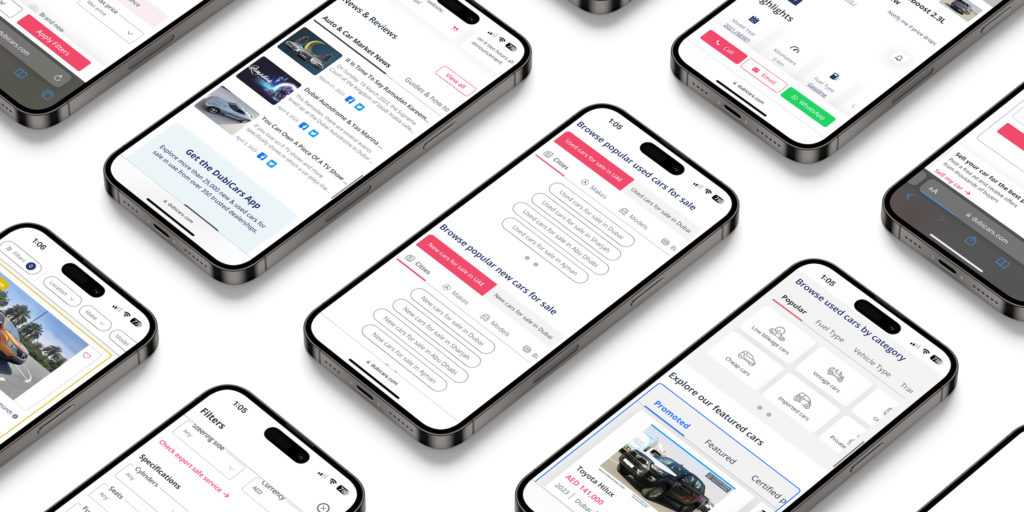
Looking to sell your car? Through DubiCars’ Sell My Car section, you can effortlessly list your car and swiftly locate a potential buyer. The process is simple and with no hidden costs.
DubiCars provides attractive packages, starting at just AED 99, that enhance your ad listings. This enables you to connect with an expanding community of 2 million monthly enthusiastic car buyers.
If you are looking to buy a used car from a private seller, this linked guide to buying a used car from a private seller will help you in the process.
How A Used Car Valuation Is Done?
The car in question will be checked inside out along with the verification of documents to determine the condition and validity of the car to set a price for further transactions. Generally, a car in better condition will command a higher price. However, when it comes to classic cars, the condition may take a backseat to factors such as rarity and exclusivity. Overall the car evaluation will follow a checklist targeting all sections of the car.
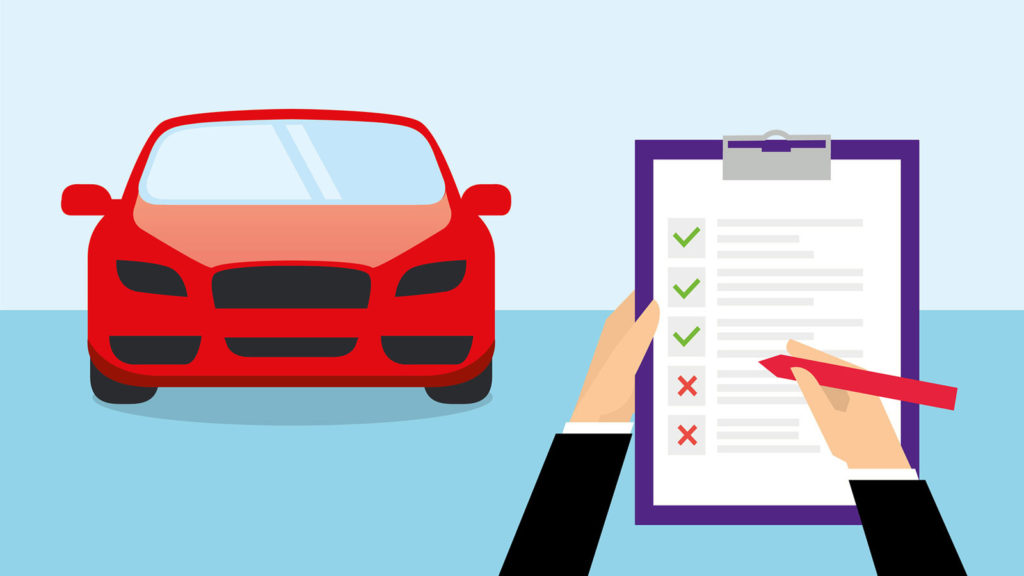
Document Verification
During the evaluation, the car’s chassis/VIN, engine number, and manufacturing year are checked. This information is typically punched on a metal plate by the manufacturer, usually located in the car’s engine bay. It is crucial that all the details mentioned in the documentation precisely match those found on this metal plate. If there is any discrepancy in these details, it is highly advisable to conduct a thorough inspection of the entire car before proceeding with any further steps.
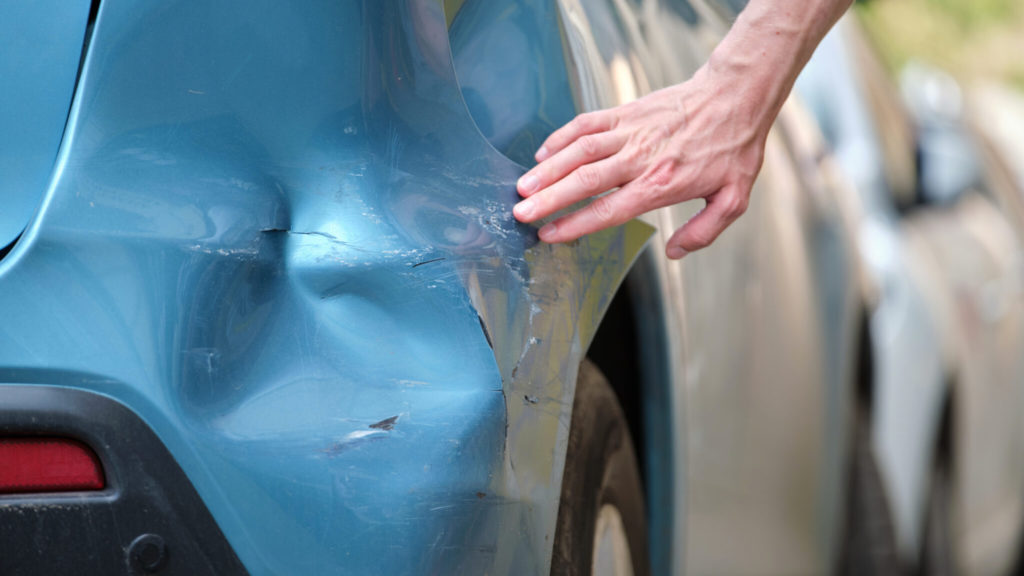
Exterior Valuation:
This section of the car evaluation checklist will have the inspection areas to determine the exterior condition of the car. These include:
- Minor & major scratches
- Dents on the body
- Broken bodywork
- Repainted panels
- Rust deposits under the body
Having any of the above on your used car will bring down its value. However, sometimes, minor scratches and small dents will be overlooked depending on the age of the car.
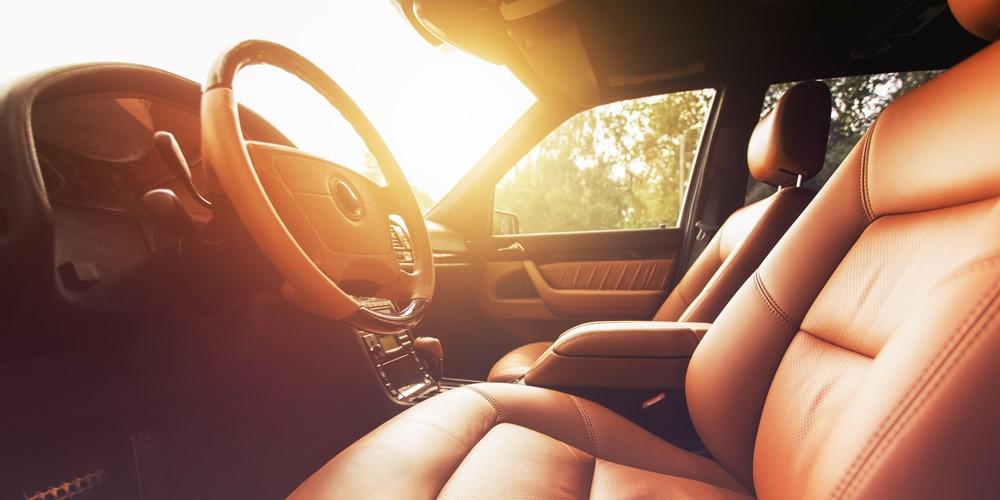
Interior Valuation:
Although it needs to look good from the outside, we will be spending more time inside the car driving. So, the condition of the interiors plays an important role in car evaluation. The checklist for interiors will include:
- Condition of the upholstery
- Broken or missing trim pieces
- Condition of seats
- Cleanliness and smell inside the cabin
- Condition of the roofline
- Water leakage
- Accidents related to fire
- Expose wiring
Having any of the above interior conditions on your car will bring its value down. However, a spotless interior is not expected, regular wear and tear is mostly allowed.
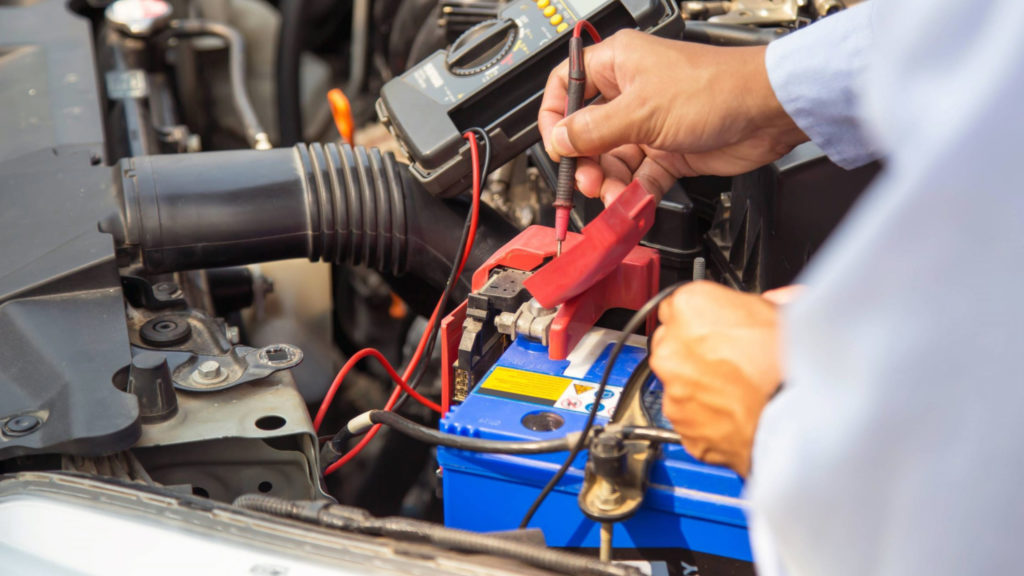
Electricals & Electronics Valuation:
This is an issue for modern cars as they come loaded with a ton of features with almost everything power-operated. The checklist for the electrical and electronics examination will include the proper functioning of:
- Windshield wipers and turn signal indicators
- Headlamps and taillamps
- Windows
- An electronic hand brake
- Auto air-conditioning/climate control
- Electric sunroof
- Powered seats
- Steering wheel adjustment
- Infotainment
- Instrument cluster
All the car’s features, including ventilated seats, pedal adjustments, seat memory functions, and infotainment features, among others are examined. Any non-functioning components will be noted, which can potentially reduce the overall value of your car. It’s essential to understand that during this process, no features will be overlooked, as each of them serves a purpose and contributes to the evaluation.
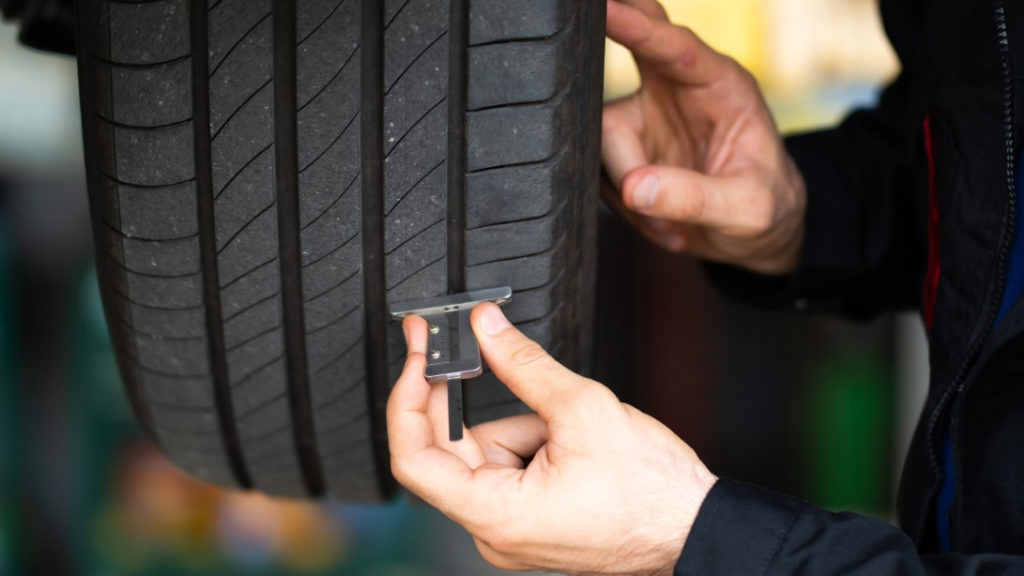
Tyre Valuation:
Tyres on the car in UAE cannot be older than 4 years from the date of tyres’ manufacturing. Cars with tyres older than four years will not pass RTA’s (Road & Transport Authority) yearly inspection. Other tyre checks include:
- Visible damages
- Tread depth inspection
- Uneven air pressure
- Uneven tyre wear
- Non-branded tyres
Tyres are the most crucial part of a vehicle as it is the only connection between your car and the surface of the road. It is recommended to change the tyres at right intervals. Here is a complete guide to know when is the best time to change the tyres of your car.
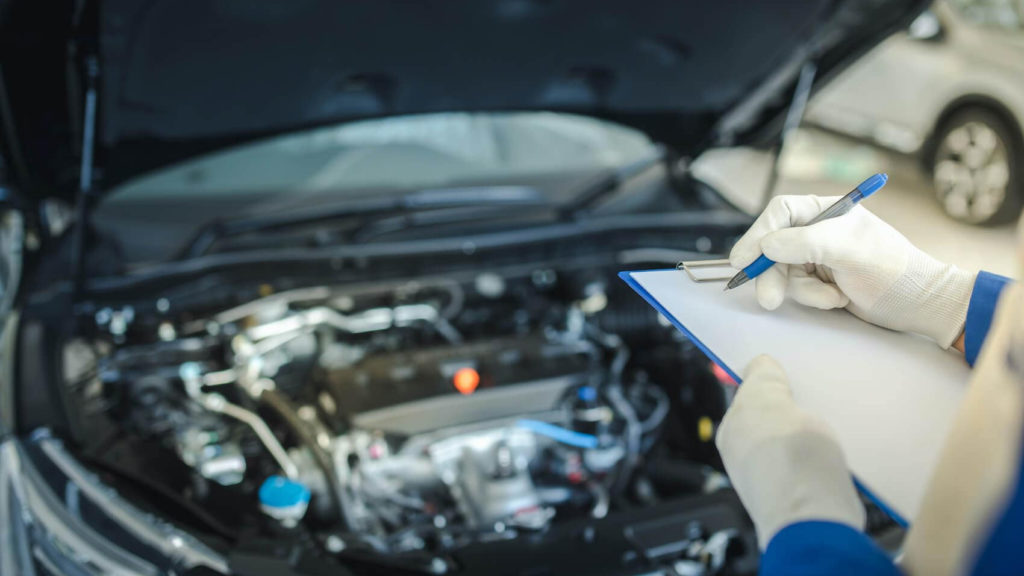
Test Drive & Performance Valuation:
This process usually happens when you go for a complete offline valuation of your car. Before taking the vehicle for a test drive to assess its performance, a detailed inspection is carried out to ensure the proper fluid levels under the bonnet. These fluids include engine oil, brake fluid, engine and intercooler coolant, and even the wiper washer fluid. Maintaining these fluid levels at the correct levels is a positive factor in the car’s evaluation. This is also where checks for impacts and accidents on the car, more on that later.
Next up the examiner takes the car for a drive and tests the following parameters:
- Engine performance
- Delay in acceleration
- Braking performance
- Tightness of the clutch
- Suspension performance
- Steering alignment
- Turbo lag
- Exhaust gas levels

If a car is properly maintained with regular servicing and the correct use of spare parts, it should remain in good mechanical condition. The expected performance of a vehicle depends on its age and the mileage shown on the odometer. When assessing an older car, performance evaluations may have less significance because it’s expected to have experienced regular wear and tear. However, for new cars, it’s essential for them to be mechanically flawless to receive a high score in this evaluation category. Sometimes, evaluating the performance of a car may involve testing it on the dyno to determine its true performance capabilities.
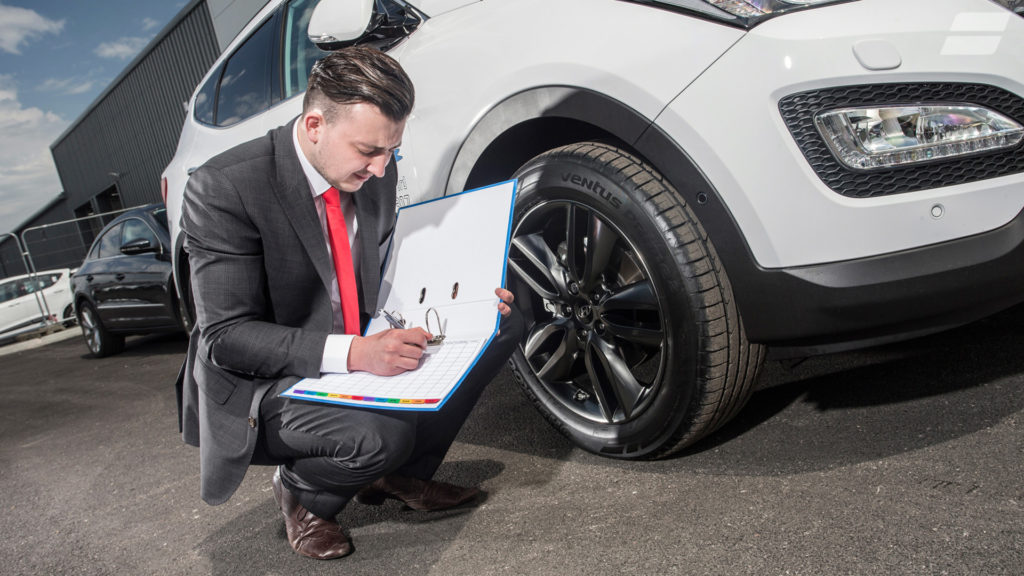
Vehicle Service History, Accidents & Insurance Claim Inspection
This is kind of a last step in the car evaluation process. Having a complete service history of your car helps boost the car evaluation process. This could mean a slight bump in the price or even quick selling of the car. The vehicle history will give a complete lowdown on how the car has been maintained to the evaluator and provide additional transparency to a used car buyer. The document will also reveal the following:
- Accidental repairs
- Spare parts replacement
- Body panels repaint
- Insurance claims
Having accidental repairs might not necessarily bring down the value of your car depending on how, where and what repairs were carried out. Also, frequent insurance claims could result in lower the selling price of your car. So it is best to not claim via insurance for smaller damages. Ready to sell your car? Here is a guide to know the best time to sell your car in the UAE.
Check out our exhaustive list of used cars for sale in the UAE and new cars for sale in the UAE.
Other Used Car Guides:
The post Used Car Valuation: What Is It? And How Is It Done? A Comprehensive Guide appeared first on Dubi Cars - New and Used Cars.
from Dubi Cars – New and Used Cars https://ift.tt/A6Q1xr7
https://ift.tt/wiXIu06